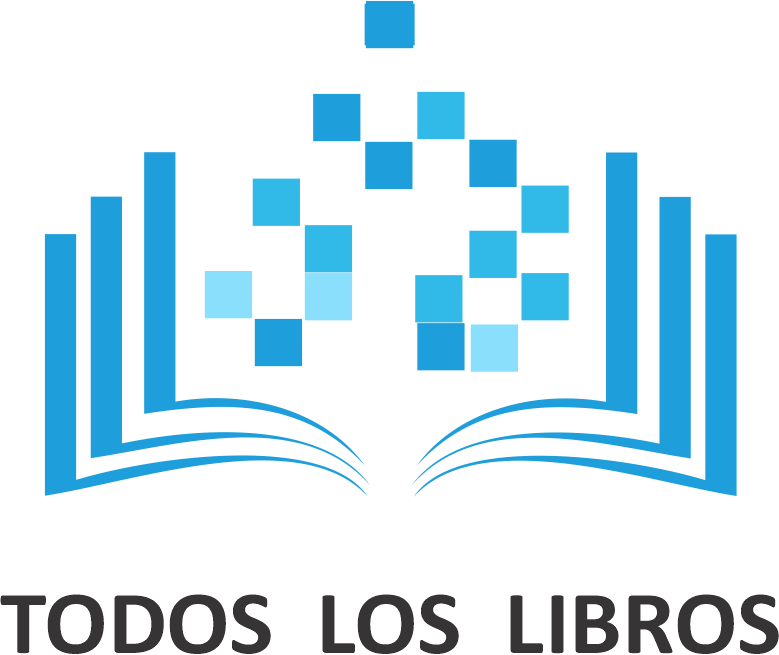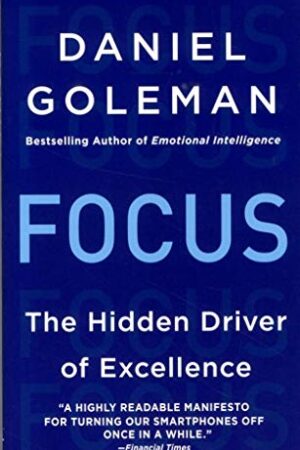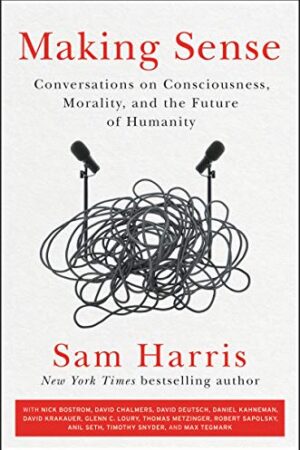Qualitative Literacy: A Guide to Evaluating Ethnographic and Interview Research
$523.95
Suppose you were given two qualitative studies: one is a piece of empirically sound social science and the other, though interesting and beautifully written, is not. How would you tell the difference? Qualitative Literacy presents criteria to assess qualitative research methods such as in-depth interviewing and participant observation. Qualitative research is indispensable to the study of inequality, poverty, education, public health, immigration, the family, and criminal justice. Each of the hundreds of ethnographic and interview studies published yearly on these issues is scientifically either sound or unsound. This guide provides social scientists, researchers, students, evaluators, policy makers, and journalists with the tools needed to identify and evaluate quality in field research.
| Weight | 10.00 kg |
|---|---|
| ISBN13 | |
| Author | |
| Publisher | |
| Binding | |
| Lenguage | |
| Publish Year | |
| Edition | |
| Pages |
Related products
-
Common Core Achieve, Mathematics Subject Module (BASICS & ACHIEVE)
$445.83 Add to cartRated 0 out of 5 -
Common Core Achieve, Social Studies Subject Module (BASICS & ACHIEVE)
$445.83 Add to cartRated 0 out of 5 -
Making Sense: Conversations on Consciousness, Morality, and the Future of Humanity
$629.79 Add to cartRated 0 out of 5 -
The Light of Days: The Untold Story of Women Resistance Fighters in Hitler’s Ghettos
$608.79 Add to cartRated 0 out of 5







